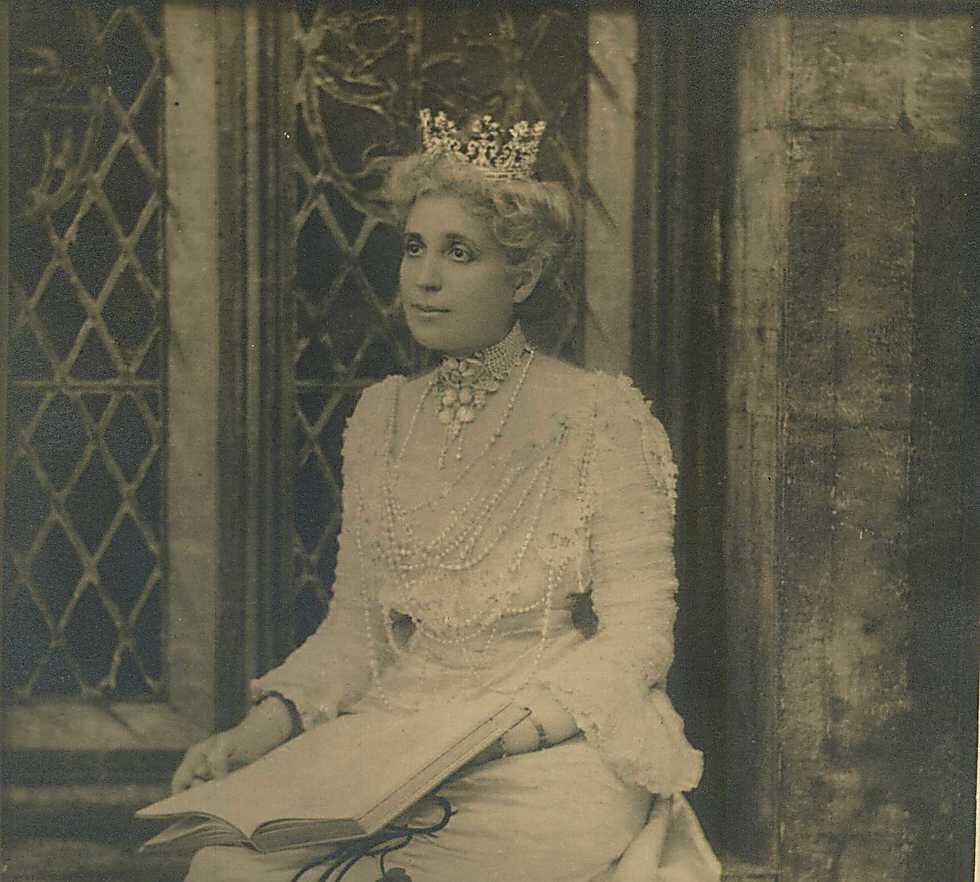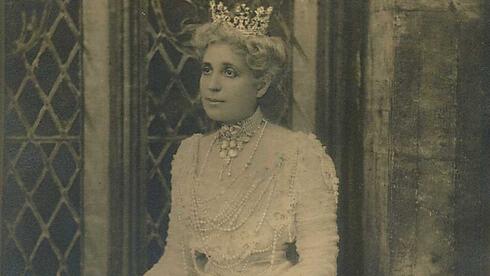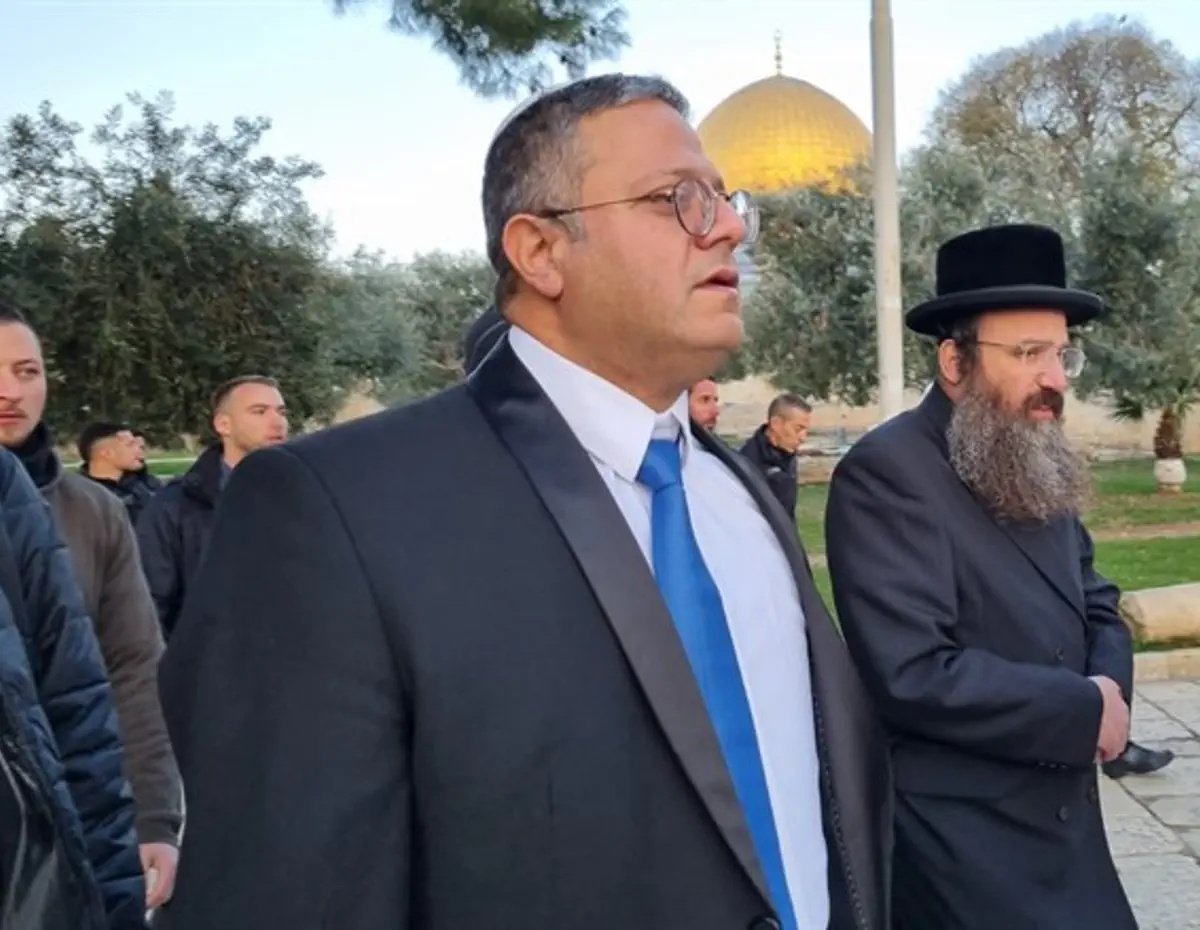rylah
Gold Member
- Jun 10, 2015
- 21,149
- 4,487
- 290
בס"ד
Newly released Israeli immigration records from 1919 onward
1.7 million Israeli immigration records spanning 1919-1979 made available
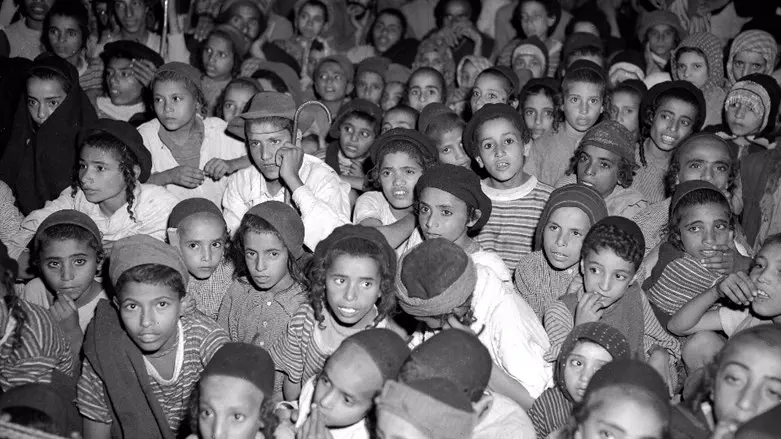
The genealogy website MyHeritage posted 1.7 million Israeli immigration records online this week, making accessible a trove of ship and plane passenger lists stored in bound tomes at the Israel State Archives.
The records cover arrivals to the country for about 60 years starting in 1919. They include details such as the name of immigrants, country of origin, birth year, date of arrival, destination city and the name of the vessel they arrived on.
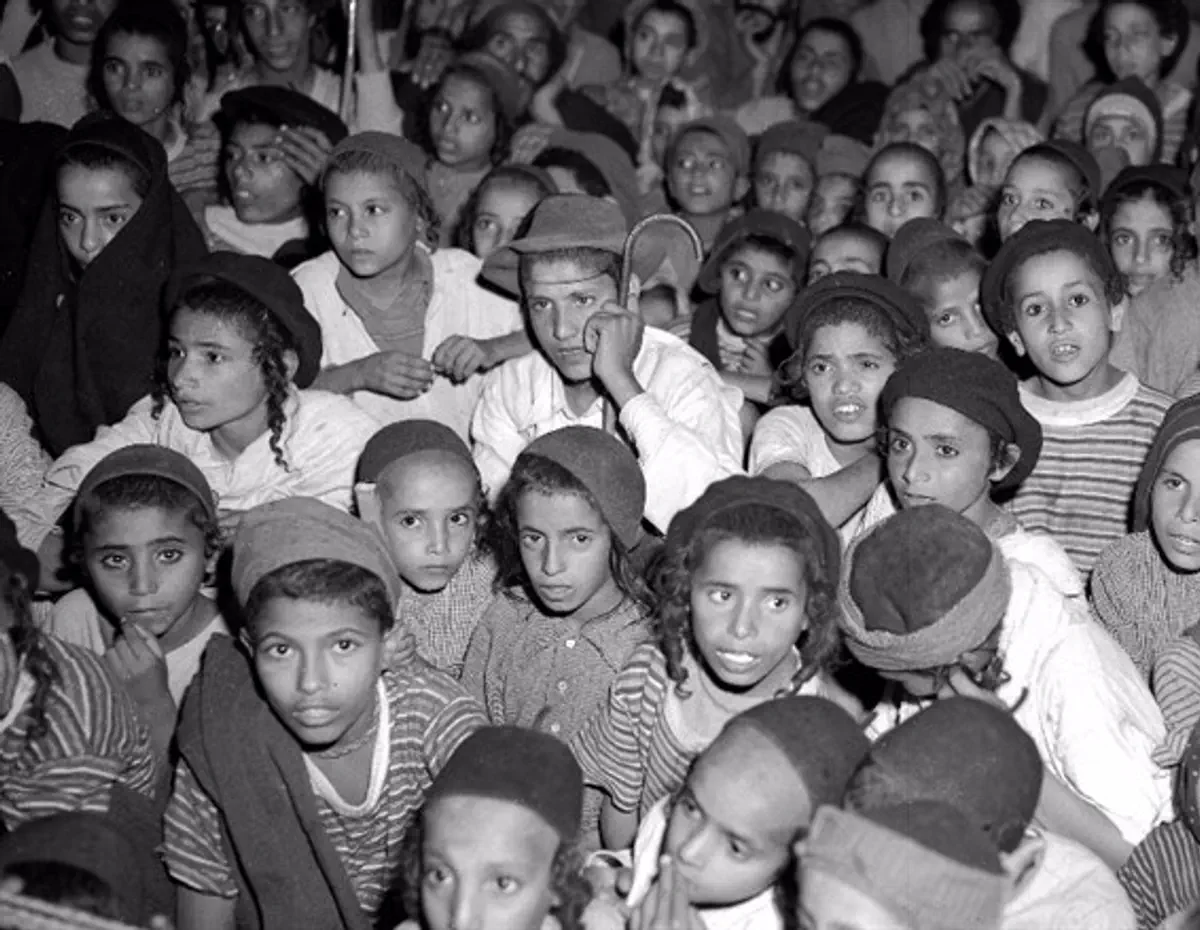
How to find newly released Israeli immigration records from 1919 onward
1.7 million Israeli immigration records spanning 1919 to 1979 made available online for free.



